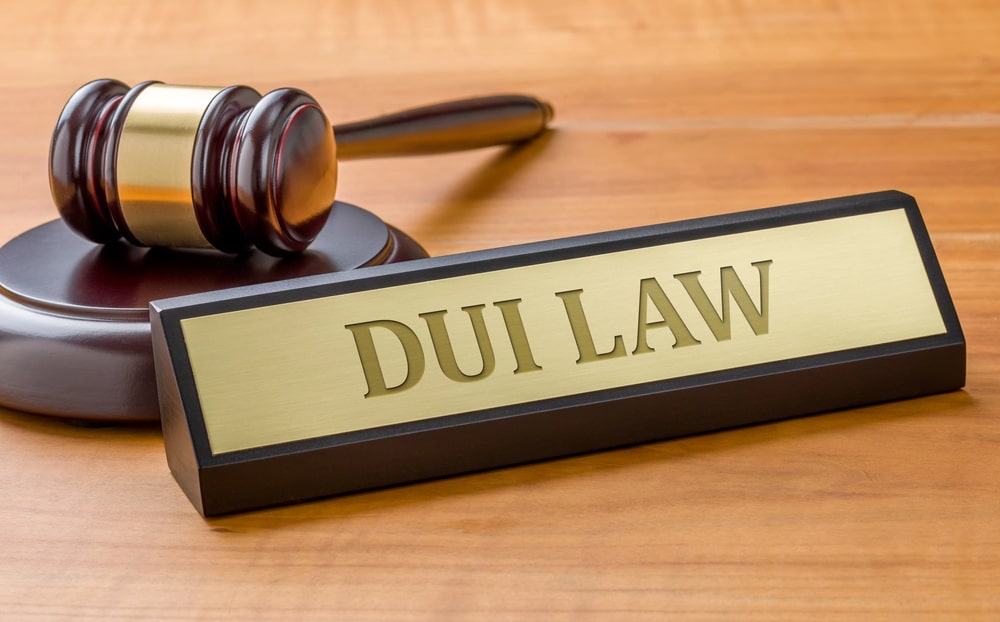Field Sobriety Tests
One of the key pieces of evidence in a DUI case is the result of field sobriety tests conducted during the traffic stop. These tests, which may include the walk-and-turn, horizontal gaze nystagmus, and one-leg stand, are intended to assess a driver’s physical coordination and ability to follow instructions. However, their accuracy can be questioned if environmental factors, medical conditions, or improper administration impacted the results. A DUI defense lawyer can challenge these results by highlighting flaws in the test procedure or external factors that may have influenced performance.
Breathalyzer Results
Breathalyzer tests are commonly used to measure a driver’s blood alcohol content (BAC). While these results are often a focal point of DUI cases, their reliability depends on several factors, such as proper calibration of the device and adherence to testing protocols. Errors in calibration or operator mistakes can lead to inaccurate readings. Questioning the validity of breathalyzer results can be an effective defense strategy when discrepancies arise.
Dashcam And Bodycam Footage
Video evidence from police dashcams or bodycams can provide critical insights into the events leading up to the DUI arrest. This footage can show whether the traffic stop was conducted lawfully, how the field sobriety tests were administered, and whether the officer’s observations align with their written report. For instance, if the footage contradicts claims of erratic driving, it can cast doubt on the prosecution’s case. Reviewing video evidence is an essential step in evaluating the validity of the charges.
Blood Test Results
Blood tests are often used to determine a driver’s BAC with greater accuracy than a breathalyzer. However, the handling and storage of blood samples are crucial to maintaining their integrity. Contamination, improper storage, or errors during the testing process can compromise the results. These issues can be raised to challenge the reliability of the evidence presented by the prosecution.
Witness Testimony
Witness testimony, including statements from passengers or bystanders, can impact the outcome of a DUI case. Witnesses may provide details about the driver’s behavior, interactions with law enforcement, or any mitigating circumstances that could explain their actions. Contradictory testimony from witnesses can also raise questions about the prosecution’s narrative and help establish reasonable doubt.
Police Reports
The police report generated after the DUI arrest serves as a detailed account of the incident. It typically includes observations about the driver’s appearance, behavior, and performance on sobriety tests. However, inaccuracies or inconsistencies in the report can weaken the prosecution’s case. Carefully reviewing the report and cross-referencing it with other evidence is vital in building a defense.
Traffic Stop Legality
The legality of the traffic stop itself is another factor that can impact a DUI case. If the stop was not conducted lawfully, any evidence obtained as a result may be inadmissible in court. For example, if the officer did not have reasonable suspicion to initiate the stop, the charges could be dismissed entirely.
Our friends at Stechschulte Nell discuss the importance of scrutinizing all evidence in a DUI case to identify potential weaknesses. Working with a DUI defense lawyer can help ensure that every detail is thoroughly reviewed, providing the best possible defense strategy. If you are facing DUI charges, consulting with an experienced attorney can make a significant difference in the outcome of your case.
![Dark-Logo[3]](https://hayhurstlaw.com/wp-content/uploads/2021/07/Dark-Logo3.png)

